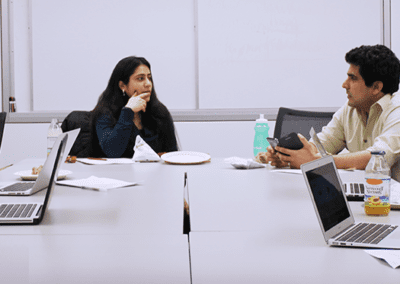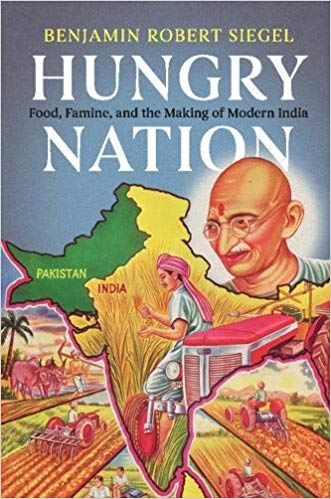TestPage
SubheadingSection Name
Lorem ipsum dolor sit amet, consectetur adipiscing elit. Aliquam justo lectus, ultrices et luctus et, dictum et erat. Suspendisse at tellus sagittis, condimentum metus vel, fermentum libero. Sed pharetra mauris et justo ornare rutrum. Aliquam sodales lorem ut ipsum vehicula faucibus. Proin ornare ullamcorper condimentum. Curabitur at felis faucibus, sodales elit dapibus, fringilla purus. Vivamus eu sagittis est. Nulla a placerat metus. Nulla tincidunt lorem lorem, id sollicitudin arcu malesuada ac. Suspendisse laoreet imperdiet elit eget fermentum. Quisque vitae rhoncus purus. Nulla semper fringilla orci, sit amet bibendum massa fermentum sit amet. Donec aliquam felis eget hendrerit pellentesque. Proin at erat nisl. Proin porta varius odio, quis luctus eros pellentesque finibus.
Title1
j2lfh2fk 2lfh
Title1
j2lfh2fk 2lfh
Title1
j2lfh2fk 2lfh
Nunc feugiat lectus urna, in rutrum risus tempus eget. Cras at ante ut orci pharetra placerat. Nam pulvinar, lacus nec consequat tincidunt, arcu est gravida libero, eget lacinia velit nisi id tortor. Donec cursus felis at enim faucibus feugiat. Nulla nec lacus at lorem consequat gravida. Vestibulum ante ipsum primis in faucibus orci luctus et ultrices posuere cubilia Curae; Maecenas malesuada dui at dolor cursus eleifend. Sed fringilla, urna pretium sodales tempus, augue tortor volutpat urna, quis pretium justo mauris efficitur leo. Pellentesque fermentum dapibus interdum.
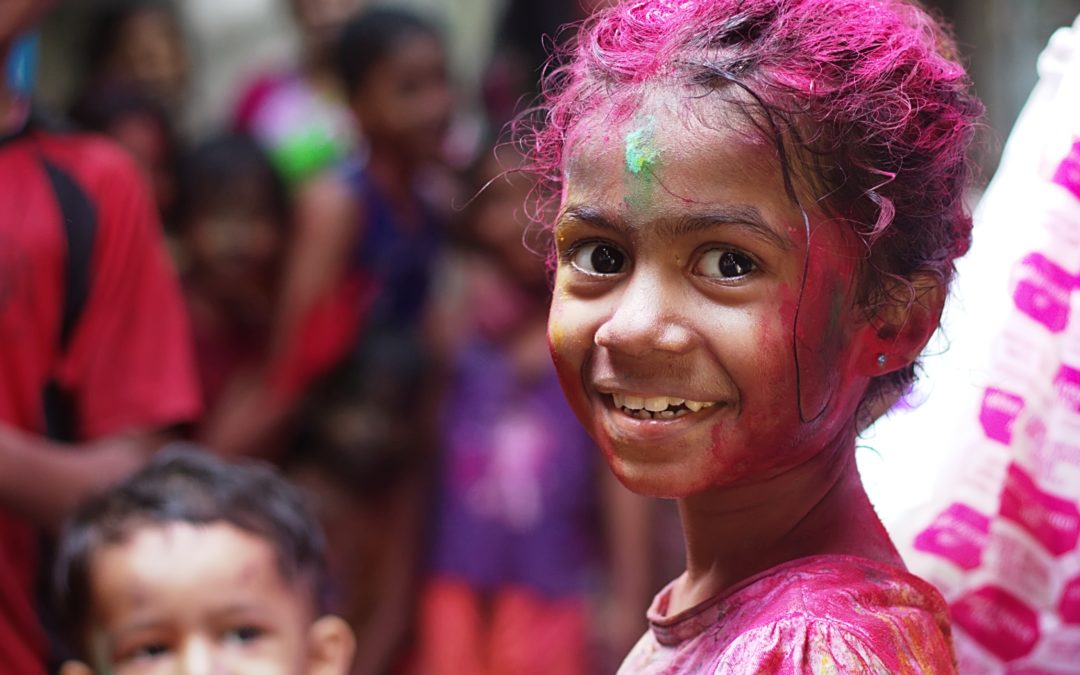
Neha Hiranandani: Girl Power and Breaking the Mold in India
This January, Neha Hiranandani will join us in Mumbai to discuss her recently published book, Girl Power: Indian Women Who Broke the Rules, with Professor Jacqueline Bhabha of the Harvard T.H. Chan School of Public Health. Centering on the challenges young women still face when it comes to access to education and health while negotiating with the societal expectations, Hiranandani and Bhabha will discuss the stories of “rebel women” in India — pondering the factors that contribute to the success of those who break the mold, against the odds.

A Paean to Learning to “See” and the 1947 Partition
Recently, Professor Tarun Khanna — Jorge Paulo Lemann Professor at the Harvard Business School and Director of the Mittal Institute — traveled to Bengaluru to give the D.D. Kosambi Lecture, “A Paean to Learning to ‘See’” at the International Centre for Theoretical Sciences. The talk was structured around the use of basic analytics to better “see” some overlooked regularities in human behavior — drawing on examples from recent Indian history, including the Partition of British India in 1947 and the annual Maha Kumbh Mela religious gathering, and from contemporary social phenomena.
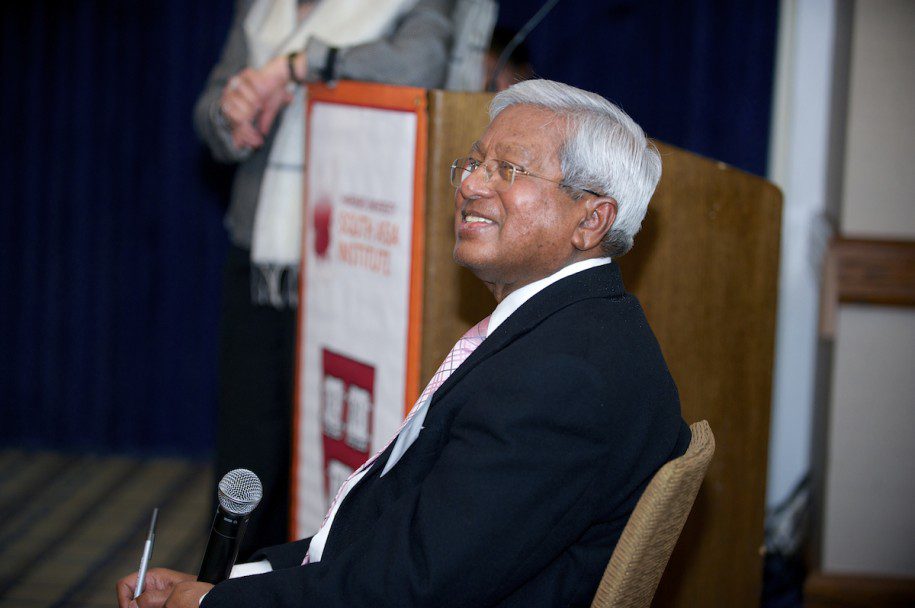
Remembering Sir Fazle Hasan Abed, Founder of BRAC
The Mittal Institute is sending our deepest condolences to Sir Fazle Hasan Abed’s family and friends in his passing. He will be warmly remembered and solely missed. Abed Bhai, Founder and Chairperson of Bangladesh development organization BRAC, gave the Mittal Institute’s 2014 Mahindra Lecture, providing an enlightening account of the extraordinary accomplishments of the global organization. “Hope is an element in which people take action, and energize themselves out of poverty,” he said.
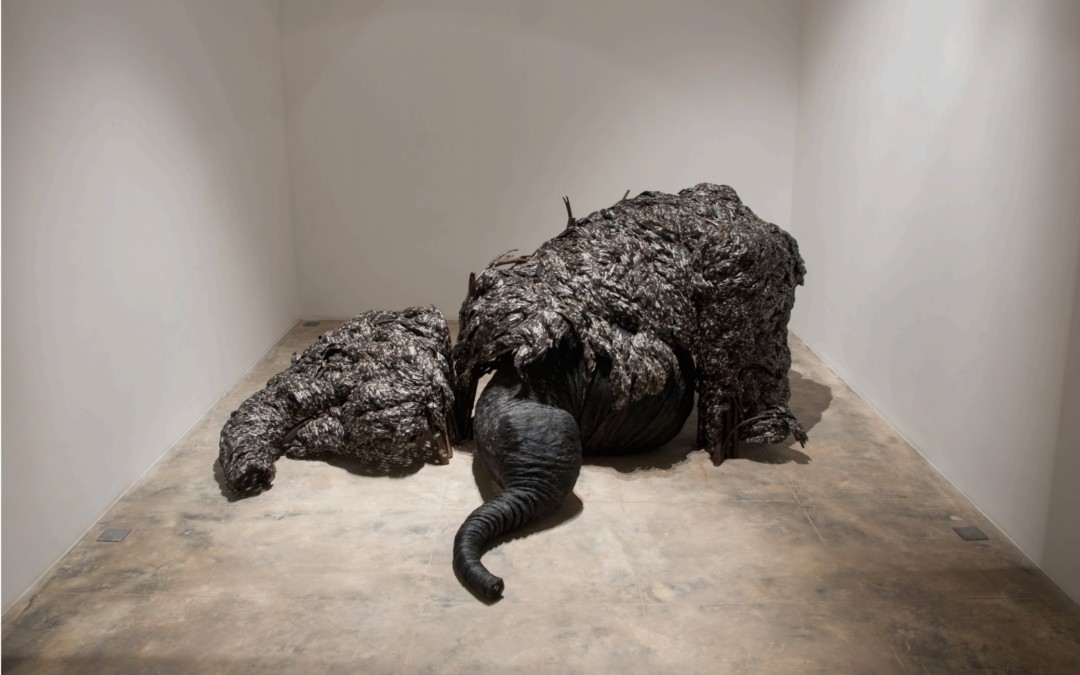
Sakshi Gupta: Framing the Human Condition Through Sculpture and Mixed Media
Sakshi Gupta is an accomplished sculptor and mixed media artist from India and one of the Mittal Institute’s Fall 2019 Visiting Artist Fellows. Her practice frames human conditions of understanding, progressing, suffering, and halting due to a lack or gain of knowledge, will, or energy. Her work grapples with the need to achieve a balance between life’s inherent polarities, exhibiting this by utilizing materials often considered waste or ordinary. She’s dedicated her life to an immersive journey through form and material, toward the non-material and experiential.
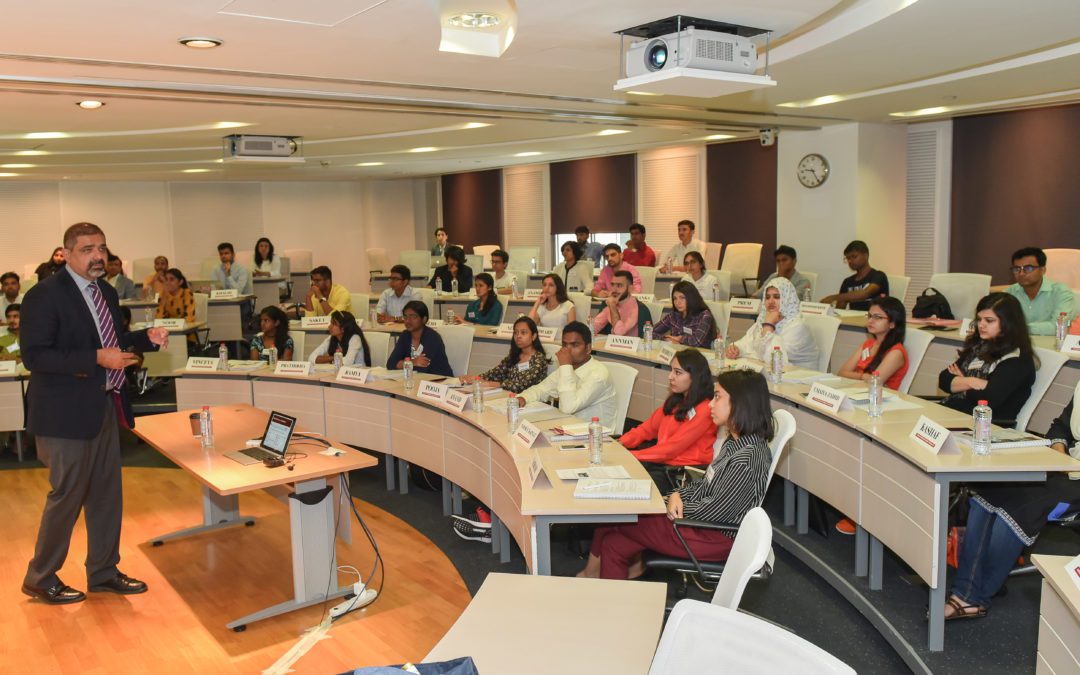
The Crossroads Emerging Leaders Program Reaches New Heights — What’s Next?
The Crossroads Emerging Leaders Program began in 2017, a joint effort between the Harvard Business School Club of the GCC, HBS Professors Tarun Khanna and Karim Lakhani, and the Mittal Institute. This year, the Crossroads Emerging Leaders Program received 6,093 total applications from 97 countries spanning the Middle East, Africa, Central Asia, Latin America, South Asia, and US students at Historically Black Colleges and Universities (HBCU). Of the candidates, 4,263 were selected to move onto the next round, which consisted of a fully funded selection of interdisciplinary courses offered online on HarvardX through Crossroads’ partnership with edX.
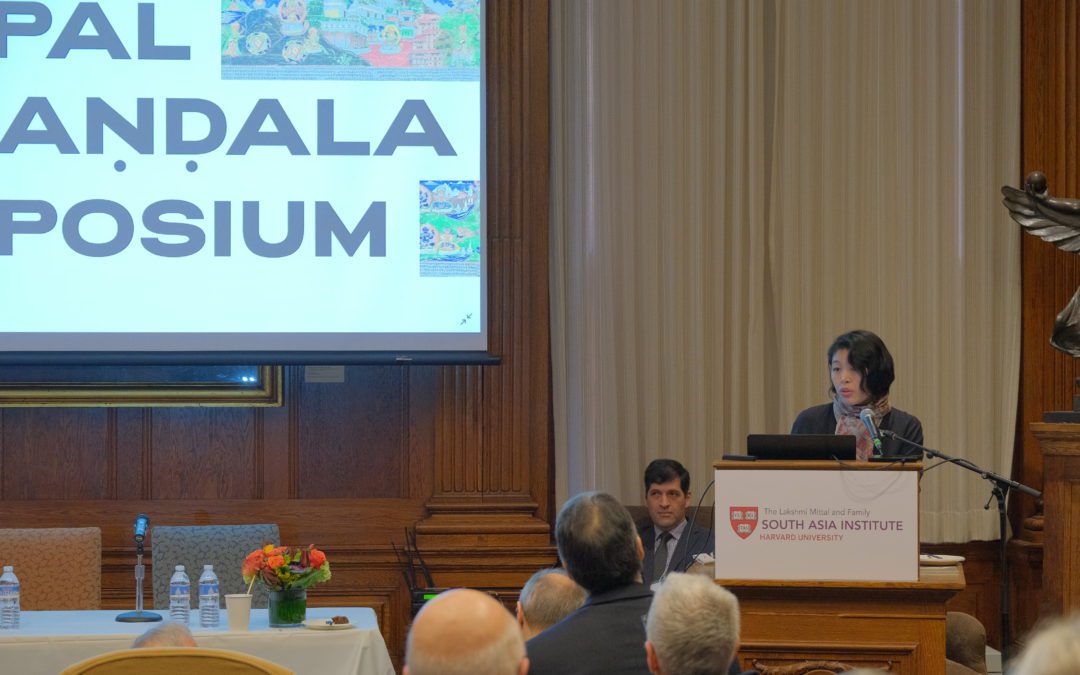
The Nepal Mandala’s Place in South Asia
Symposia dedicated to the art and culture of early modern Nepal come around only once in a generation. And the atmosphere at the Nepal Mandala in an Early Modern South Asia symposium last week, run by Jinah Kim (Harvard University) and Todd Lewis (College of the Holy Cross), reflected the rarity of this meeting. The symposium brought together international experts on the history, culture, and societies of the “Nepal Mandala” — or the Kathmandu Valley — to present papers on the region’s place in early modern South Asia.
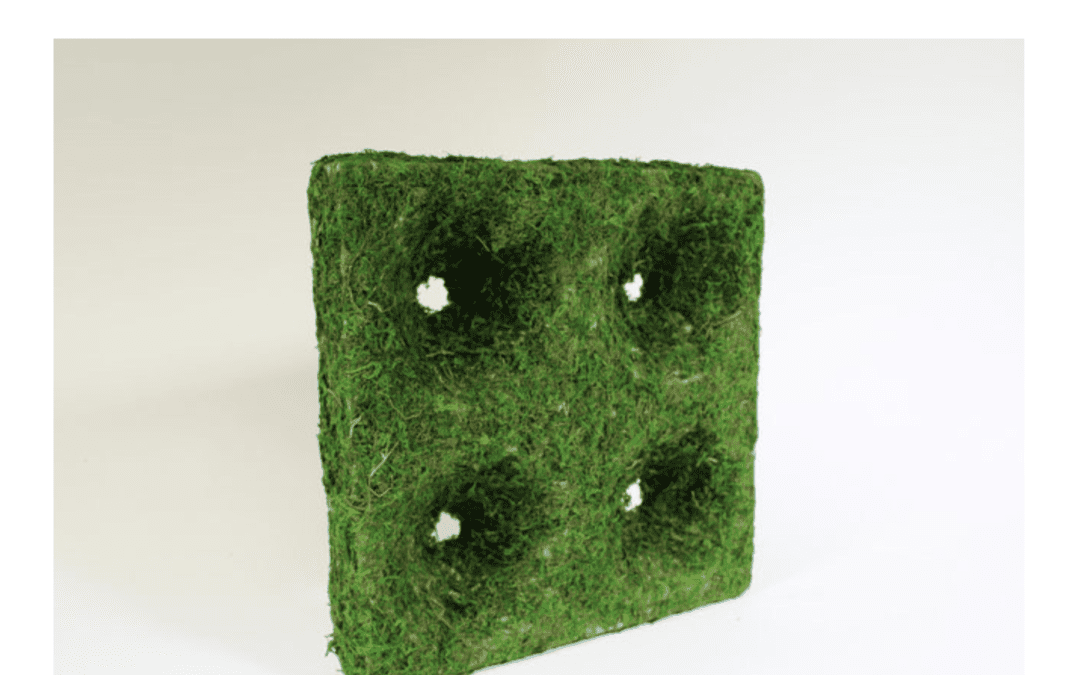
Digital Report Now Available: Seed for Change Competition Highlights
Each year, the Mittal Institute holds the Seed for Change competition, welcoming student projects that impact societal, economic, and environmental issues in India and Pakistan. Our latest digital report on the program is out now, highlighting the work of the winning teams. Click here to read it!
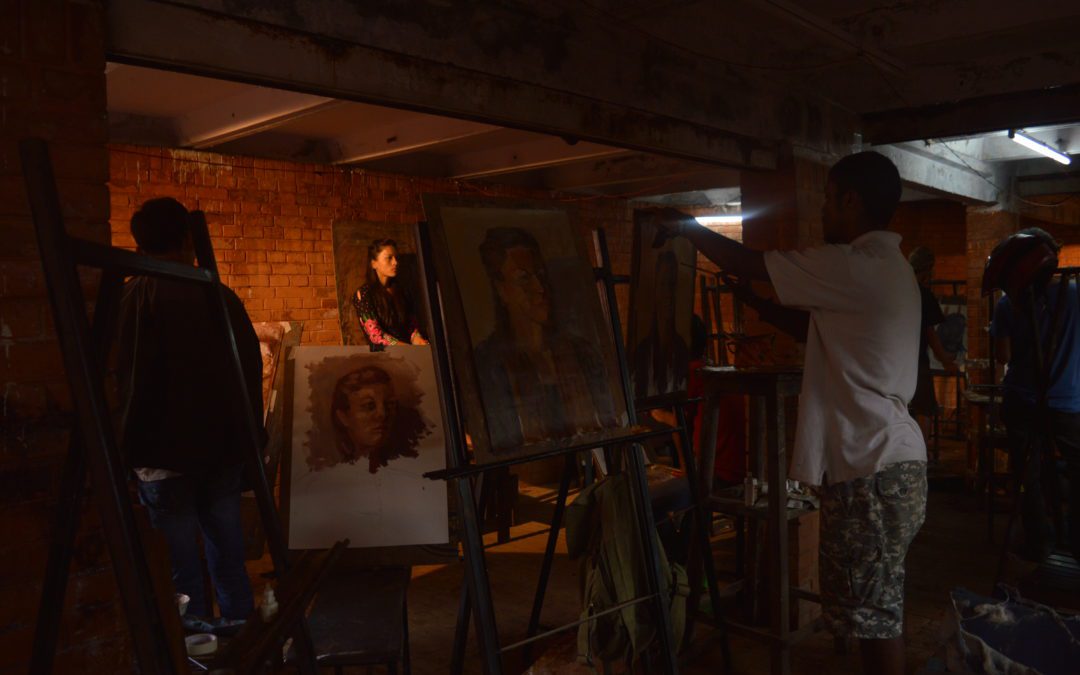
Dipti Sherchan: The Emergence of a One-of-a-Kind Nepali Art School
This week, the Nepal Mandala Symposium will take an in-depth look at Nepal’s artistic heritage, its place in Asia’s artistic ecosystem, and the continuing practice of Indic Buddhist traditions. Dipti Sherchan, a graduate student at the Department of Anthropology in the University of Illinois at Chicago, will join the panel “Nepal Mandala in the Intra- and Trans-Regional Context.” We sat down with her to learn more about her expertise in the anthropology of state and art, and the emergence of the Juddha Kala Pathshala art school in Nepal — a unique and one-of-a-kind cultural institution in Kathmandu.
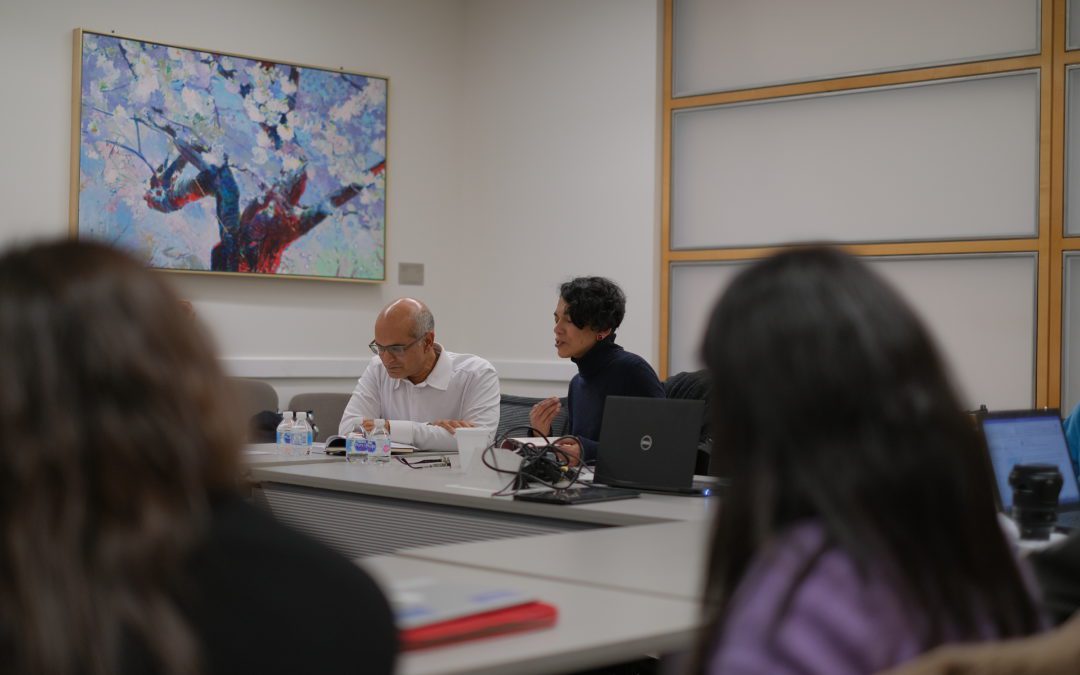
Unveiling the Voices of Women and Marginal Characters in the Mahabharata
Earlier this week, we were joined by Karthika Naïr, author and poet, for an in-depth discussion on her latest book, Until the Lions. In the book, Naïr retells the story of the Mahabharata through the embodied voices of women and marginal characters. In conversation with Professor Parimal Patil, Professor of Religion and Indian Philosophy at Harvard University, and with the audience, Naïr brought these voices to life.

Kushagra Nayan Bajaj: Newest Member of the Mittal Institute Advisory Council
The Mittal Institute is pleased to announce its newest donor, Kushagra Nayan Bajaj, an Indian businessman who is the Chairman of the Bajaj Group, the Chairman and Managing Director of Bajaj Hindusthan Limited, and Chairman of Bajaj Corp Limited. His support will create a new, upcoming visiting research fellowship at the Mittal Institute to deepen the teaching and research on significant cultural issues related to South Asia. We spoke with him to learn more about his background and his interest in the Mittal Institute.
Nunc feugiat lectus urna, in rutrum risus tempus eget. Cras at ante ut orci pharetra placerat. Nam pulvinar, lacus nec consequat tincidunt, arcu est gravida libero, eget lacinia velit nisi id tortor. Donec cursus felis at enim faucibus feugiat. Nulla nec lacus at lorem consequat gravida. Vestibulum ante ipsum primis in faucibus orci luctus et ultrices posuere cubilia Curae; Maecenas malesuada dui at dolor cursus eleifend. Sed fringilla, urna pretium sodales tempus, augue tortor volutpat urna, quis pretium justo mauris efficitur leo. Pellentesque fermentum dapibus interdum.
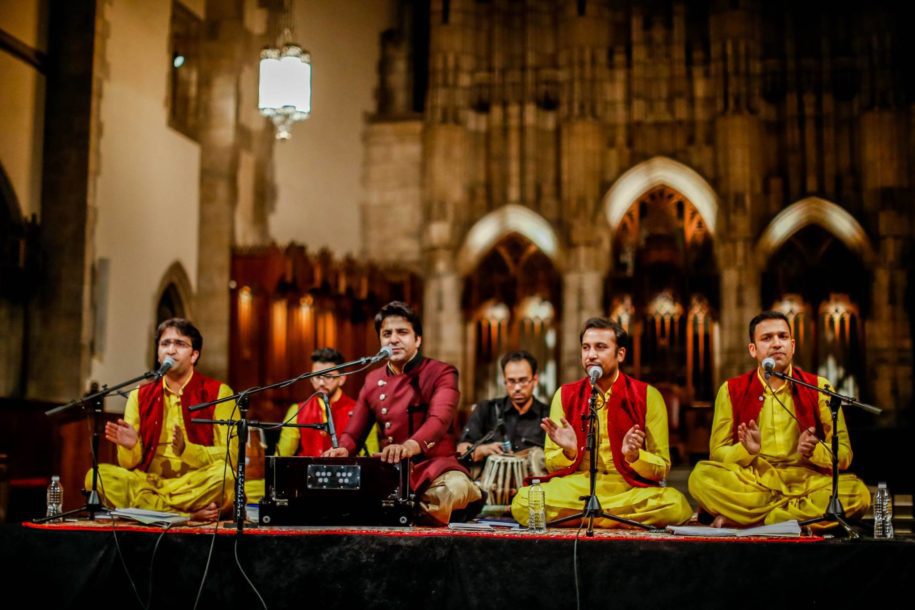
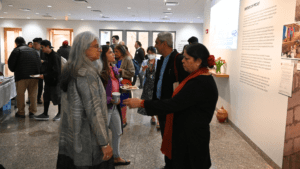
Caption here
Welcome to The Lakshmi Mittal and Family South Asia Institute at Harvard University! We are dedicated to exploring the rich and diverse cultures of South Asia through research, education, and engagement. Our institute brings together scholars, students, and practitioners to foster innovative thinking and collaboration. Discover our wide range of programs, events, and resources that celebrate the vibrant tapestry of South Asian heritage. Join us on this exciting journey of knowledge and discovery!
